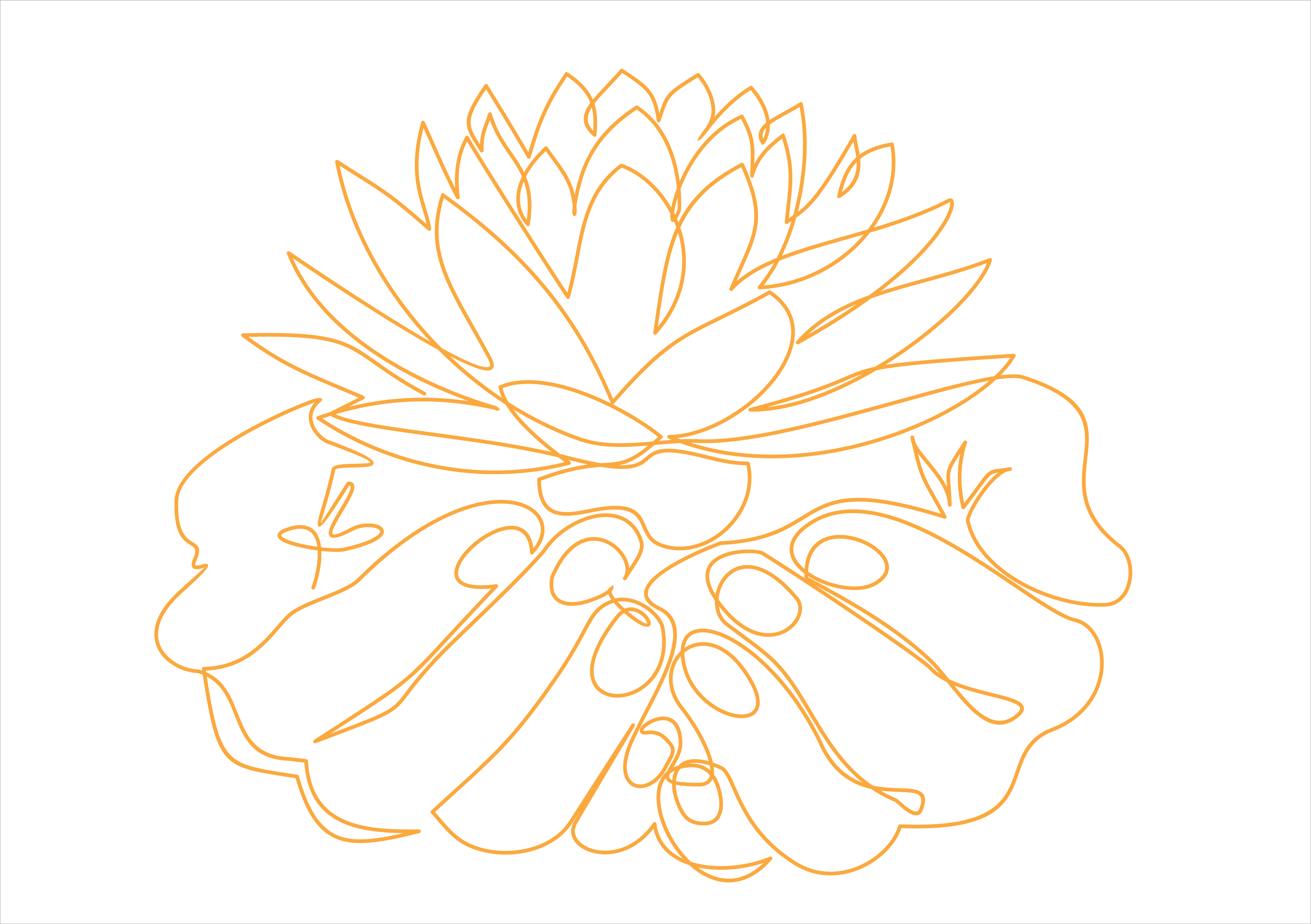Observe these two, even at the risk of your life
The specific instruction is to keep two sets of vows: the refuge vows of a Buddhist and the Bodhisattva vows of a Mahayana practitioner. The general instruction is to take responsibility for our own self and sanity (refuge vows) and to be of service to others, helping them to do the same (bodhisattva vows).
We can think of the first part, refuge, as seeking protection from the turbulence and confusion of our thoughts, feelings and beliefs.
Almost as soon as we start to practice meditation, to look inward, we see just how wild and untrained are the states of our mind. We are helplessly taken for a ride over and over and over again in endless patterns of reactivity.
Both our external circumstances and our internal reactions are continuously changing. We’re employed, young, married, housed at one time, then jobless, old, divorced, homeless at another. Our health is good, until it’s not. We’re happy, sad, jealous, excited, anxious, loving, hateful, energized, tired. Endlessly in flux.
These insights, into our inner reactivity and the impermanence of our experiences, lead us naturally to a wish to find some reliable ground. What is true? What is reliable? Which thoughts should I believe? What actions do I take?
The Buddhist response is to seek that ground in the three jewels of Buddha, Dharma and Sangha, which we can understand more generally to mean taking refuge in a teacher, a path of practice and a community of others who practice.
Much like addicts who come to 12-step recovery, we admit our powerlessness and the unmanageability of our existing conditioning. We becoming willing to turn our lives over to the care of something greater than us — a teacher(s) who have walked the path, the path itself, and others who are walking alongside us.
This is refuge.

In Mahayana Buddhism, there is a second set of vows (those of a Bodhisattva) related to helping others find their sanity and freedom from their reactivity and confusion. We seek to become a Buddha, fully awakened, not just to end our own suffering, but so that we can help others do the same.
If we mean to awaken and remain awake, these vows must be lived and breathed, ‘even at the risk of your life.’
How do we understand this?
It must be more than just ‘a good idea’ to train our mind, we must actually engage. And more than just using the path and practices as ‘life hacks’ to create better impermanent conditions for ourself — better job, better relationships, better health — we really want to go the whole distance.
Again with reference to an addict seeking recovery, we don’t get sober and sane just so that we can return to old patterns. We want to really be free of the compulsion that’s driving the reactivity.

